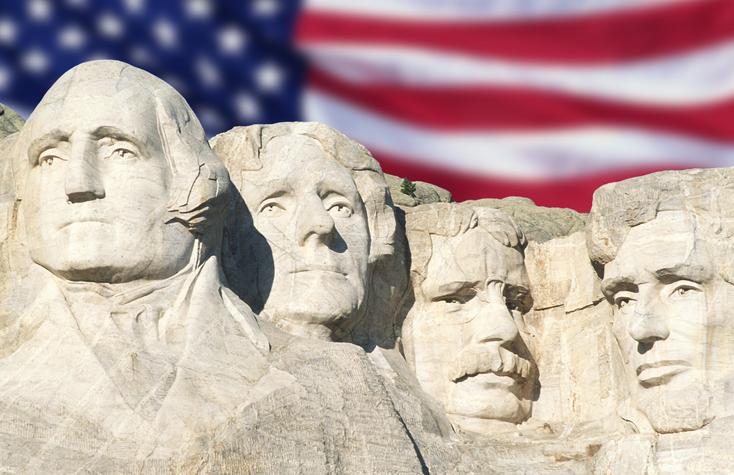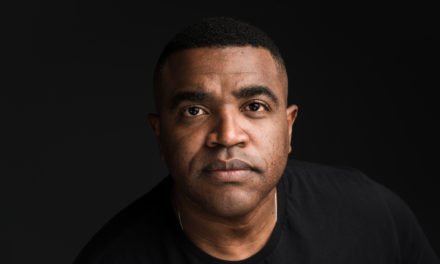
Perhaps one of the most difficult narratives we encounter in conversations around diversity and inclusion, or social justice is this one: “Why are you upset? Everyone has a right to freedom of expression.” “I may not agree, but it’s important not to restrict [a person’s expression of xenophobic rhetoric] because that’s their right.” For quite a while, I felt stymied whenever I encountered these legally founded arguments. I had some serious misgivings about them but challenge this idea, and it opens the opportunity for others to claim you want to restrict rights and freedoms… a message that has historically not gone over well in the context of individualistic U.S. culture.
Over the last several years, as I have engaged in conversation around this topic with those patient enough to hear me out, I have developed some talking points that I believe get to the complications at hand and challenge the notion that we should protect free speech, even that which is harmful to others, above all else. These points boil down to the roles of power, privilege, opportunity, and equity—which, to be clear, are topics that have enjoyed less legal validation than many of us might hope in the United States. For those who treat the Constitution as gospel and who subscribe to the belief that the Founding Fathers and the documents they drafted are above critique, I simply offer:
The Constitution was written by a group of people who held very similar identities, which afforded them power in their time, and which naturally led them to be less aware of the needs of, and less empathetic toward, those who did not hold these identities. (Recall: women and enslaved people were not considered citizens in this time.) The Founding Fathers themselves recognized, shortly after having ratified the Constitution, that some additions were necessary to their work and set about remedying this with amendments. Why we would believe that such edits could logically cease as culture, people, and the world changed substantially is well worth questioning. (Of note, the U.S. Constitution is the oldest Constitution still in use today.)
The Constitution was written by a group of people who held very similar identities, which afforded them power in their time, and which naturally led them to be less aware of the needs of, and less empathetic toward, those who did… Click To TweetNext, when the argument is put forth that everyone has a right to freedom of expression, I ask: Is freedom of speech truly available to everyone in this country? If not, what does this tell us?
When the argument is put forth that everyone has a right to freedom of expression, I ask: Is freedom of speech truly available to everyone in this country? Click To TweetPresident Trump has expressed open contempt for freedom of the press and established unprecedented, targeted restrictions on media outlets he dislikes. This very dangerous approach to free press has progressively normalized his behavior and rhetoric—all of which flies in the face of respect for the Constitution and “freedom of speech.”
Last week, in a high-profile case, Amber Guyger, a police officer who entered the home of a neighbor, Botham Jean (apparently mistaking it for her own) then shooting and killing him, was convicted of murder. Earlier this week, Joshua Brown, a key witness who testified in the trial, was shot to death. Brown had previously expressed concerns about his safety as he agreed to testify against a police officer. The details around his death are still emerging, but the NAACP Legal Defense Fund has called the incident “deeply alarming and highly suspicious.” In a world where we must question the physical safety of those who challenge a dominant majority, I suggest: this is no kind of “freedom.”
In a world where we must question the physical safety of those who challenge a dominant majority, I suggest: this is no kind of “freedom.” Click To TweetSimilar themes have played out on an international level. In 2015 when gunmen carried out an attack at the offices of Charlie Hebdo, a satirical newspaper infamous for publishing cartoons with offensive depictions of Islam, people around the world flocked to express their support for the cartoonists’ freedom of speech. Yet, just months later, when France quietly became the first country in the world to ban pro-Palestine demonstrations, the world was silent. Such a blatant double-standard—which rewarded those in power for their expression while banning gatherings that sought to liberate historically marginalized people—told me everything I needed to know about whose rights are valued and defended and whose are not. When we recognize just how often liberties of those most vulnerable are left unprotected, the idea of liberty loses meaning altogether.
When we recognize just how often liberties of those most vulnerable are left unprotected, the idea of liberty loses meaning altogether. Click To TweetSome argue: we must uphold everyone’s rights equally to be fair to all. To this I respond: Are we doing that? Are you doing that? In the context of freedom of speech: Are you putting in the effort to stay up-to-date on the narratives that aren’t even making it into news reports and using your power to amplify them? For most of us, including myself, there is still so much more we could be doing here—and there always will be, by sheer nature of the many narratives and stories that do not regularly receive public attention.
Furthermore, if we consider one essential factor into our equality equation, the whole equation shifts: equity. While equality is giving everyone the same help, equity is helping each according to need. As we frequently share at The Winters Group: there can be no equality without equity; if people are starting from drastically different places, with some afforded many privileges and opportunities that others are not, giving everyone the same help will not fix the problem. Needless to say, supporting those in power while failing to support those without it will only exacerbate existing gaps, and as the examples I put forth demonstrate, this is precisely what we are doing—all while claiming to support everyone equally.
I will conclude with one final point: xenophobic speech directly inspires violent action. We need only look as far as evident connections between Donald Trump’s rhetoric and the beliefs of the El Paso shooter for a recent example—one among many. As xenophobic rhetoric has become increasingly normalized, enjoying wider platforms and openly represented among those in power, we have observed a spike in hate crimes and domestic terrorism carried out by white supremacists and other extremists.
How many innocent lives are we willing to sacrifice in order to protect the “rights” of others to express hateful, violent rhetoric that runs a clear risk of translating to hateful, violent action? Click To TweetWhile the U.S. Supreme court has repeatedly ruled that hate speech does not qualify as inciting violence and thus is protected by the First Amendment, this correlation is extremely dangerous to ignore. For me, what it comes down to is this: how many innocent lives are we willing to sacrifice in order to protect the “rights” of others to express hateful, violent rhetoric that runs a clear risk of translating to hateful, violent action? As a nation, we find ourselves at a critical decision point regarding this question, and I can only hope we collectively decide the answer is “no more.”


















